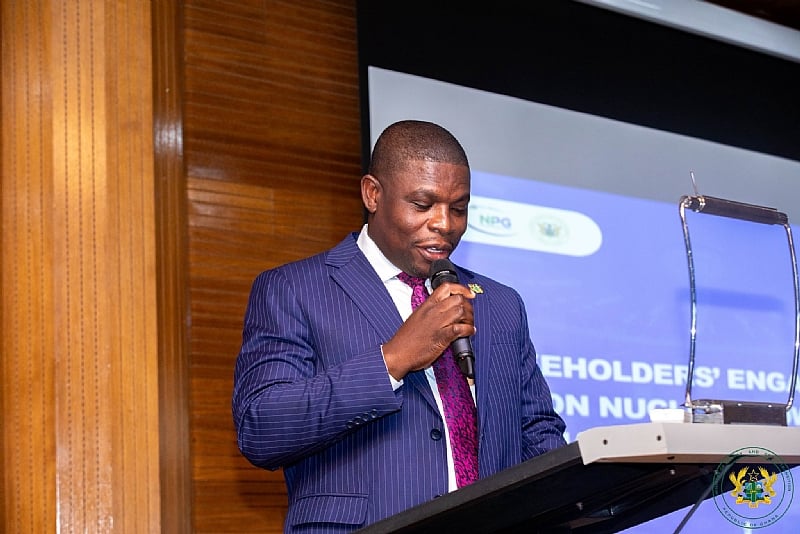Ghana is embarking on a significant energy transition, aiming to incorporate nuclear power into its energy mix to address growing electricity demands and achieve long-term sustainability. This move is driven by the recognition that the nation’s energy needs are escalating, requiring a diversified and robust power generation strategy. Nuclear energy is being considered as a viable solution due to its capacity to provide a stable baseload power supply, crucial for supporting industrial growth and ensuring a consistent electricity supply. Furthermore, nuclear power aligns with Ghana’s commitment to mitigating climate change by offering a low-carbon alternative to fossil fuels, thereby reducing greenhouse gas emissions. This transition also enhances energy security by lessening dependence on imported fuels, fostering greater self-reliance in electricity generation.
The establishment of the Ghana Nuclear Power Company is central to this initiative. The proposed Draft Bill for this entity will lay the legal groundwork for the country’s nuclear energy program, providing the necessary framework for the planning, construction, and operation of nuclear power plants. This structured approach is intended to ensure a well-regulated and safe implementation of the nuclear program, adhering to international best practices and stringent safety standards. The company’s role will encompass overseeing all aspects of nuclear power development, from initial planning and site selection to the eventual operation and decommissioning of nuclear facilities.
Ghana’s progress in developing its nuclear capacity has been acknowledged by the International Atomic Energy Agency (IAEA), particularly its adherence to the IAEA’s Three-Phase Milestone Approach for newcomer countries in nuclear energy. This phased approach provides a structured roadmap for countries embarking on nuclear power programs, ensuring a systematic and comprehensive development process. Ghana’s commitment to this framework underscores its dedication to adopting international standards and best practices in nuclear safety, security, and regulation. This commitment provides assurance to both domestic and international stakeholders that Ghana’s nuclear program will be developed and implemented responsibly.
Transparency and public engagement are paramount to Ghana’s approach to nuclear power development. The government is committed to ensuring a transparent and inclusive process, with public consultations playing a crucial role in shaping the nuclear program. These consultations aim to address any public concerns and ensure that decisions are based on scientific evidence and public input. This participatory approach is essential for building public trust and ensuring that the benefits of nuclear energy are shared by all Ghanaians. The stakeholder engagement forum, involving energy experts, policymakers, civil society representatives, and international partners, exemplifies this commitment to open dialogue and collaboration.
Nuclear energy offers a compelling alternative to fossil fuels, providing a cleaner, more efficient, and reliable source of electricity. It addresses the dual challenge of meeting growing energy demands while mitigating the environmental impact of power generation. By reducing reliance on fossil fuels, nuclear power contributes significantly to lowering greenhouse gas emissions and combating climate change. Moreover, it strengthens energy security by diversifying energy sources and reducing dependence on volatile international fuel markets. The stable baseload power provided by nuclear plants is particularly crucial for supporting industrial development and ensuring a consistent electricity supply.
Ghana’s pursuit of nuclear energy signifies a strategic step towards a more sustainable and secure energy future. By leveraging the expertise of international organizations like the IAEA and embracing a transparent and inclusive approach, Ghana aims to develop a safe and effective nuclear program that benefits all its citizens. This transition reflects a commitment to both economic development and environmental responsibility, positioning Ghana as a leader in sustainable energy development in the region. The planned establishment of the Ghana Nuclear Power Company demonstrates the seriousness of this undertaking and the government’s commitment to a long-term strategy for ensuring reliable and sustainable electricity generation.


